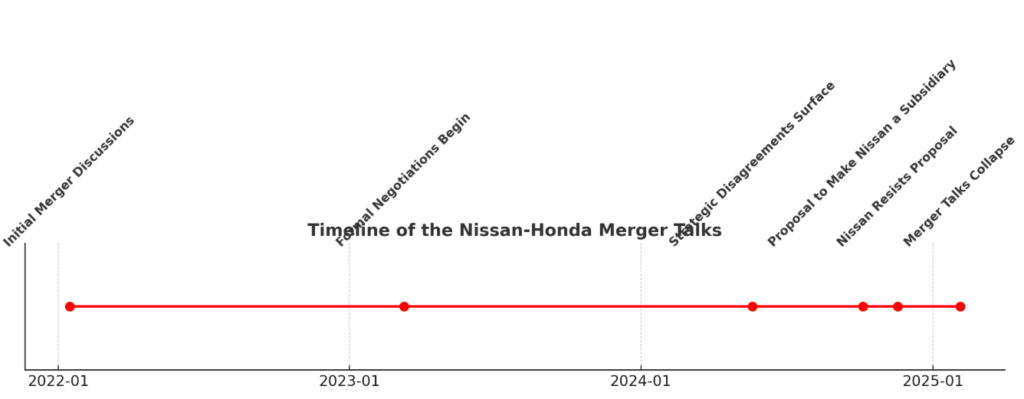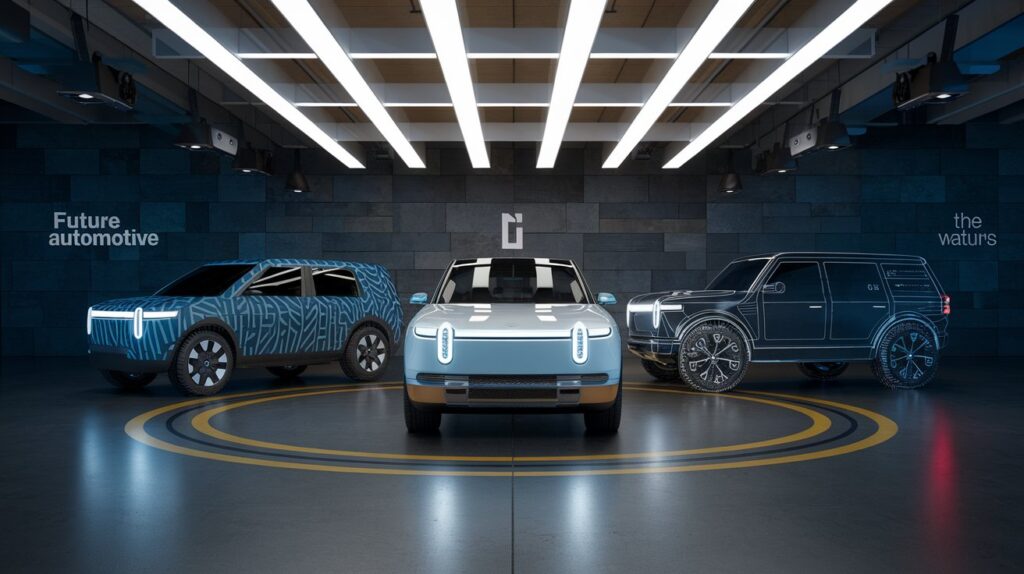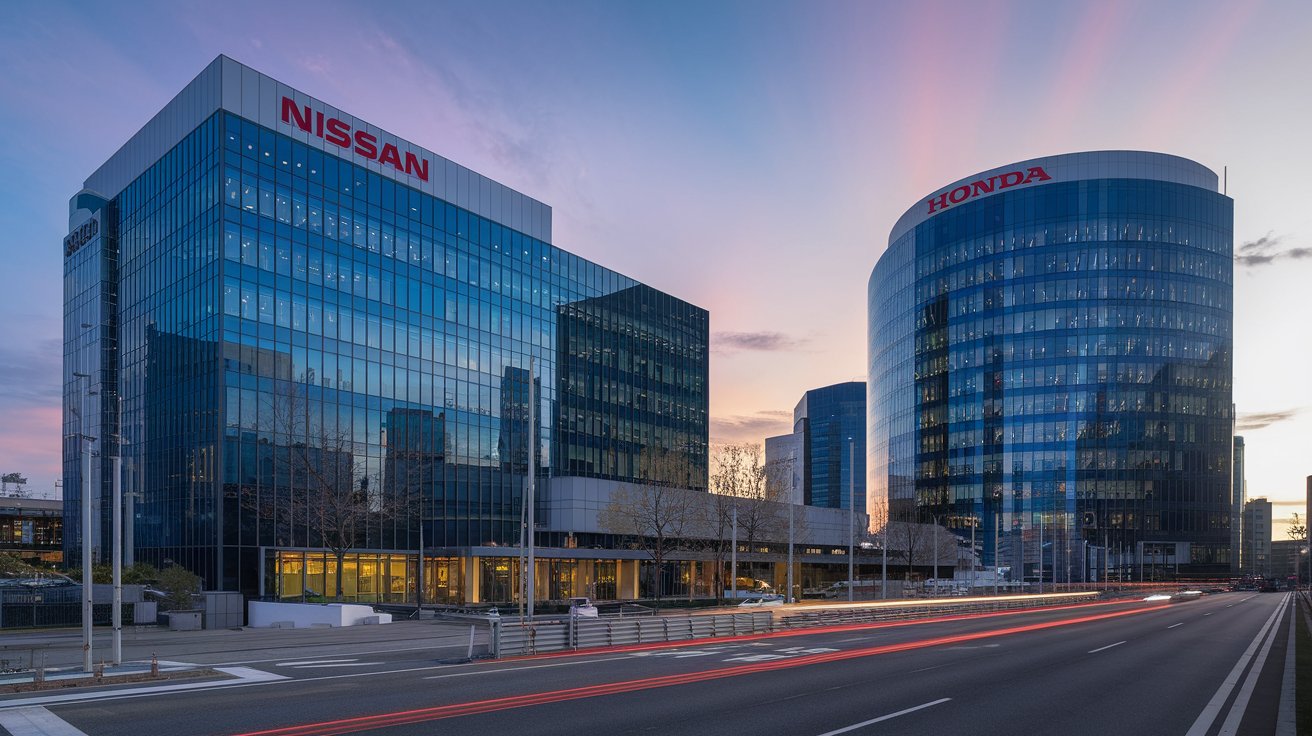Exclusive: Inside the Collapse of the $60 Billion Nissan-Honda Mega Deal
The $60 billion Nissan-Honda mega deal, once poised to reshape the global automotive landscape, has officially collapsed, sending shockwaves through the industry and raising critical questions about the future strategies of both automotive giants.
The Unraveling of a Mega Merger
Initially envisioned as a merger of equals to create the world’s third-largest automaker, the Nissan-Honda deal faced insurmountable hurdles. The collapse was primarily driven by strategic disagreements, internal conflicts, and diverging corporate cultures that neither party could reconcile.
- Shift in Merger Dynamics: Honda proposed restructuring the deal to position Nissan as a subsidiary, diverging from the original plan of a joint holding company. This strategic shift was met with strong resistance from Nissan, which valued its independence and saw this move as a threat to its autonomy.
- Divergent Strategic Priorities: Honda pushed for aggressive cost-cutting measures, including workforce reductions and factory closures to streamline operations. However, Nissan opposed these measures due to political sensitivities and a commitment to maintaining its operational footprint, particularly in key markets like the U.S.
- Financial Disparities: Nissan’s prolonged sales decline and its failure to anticipate the rising demand for hybrid vehicles in the U.S. weakened its financial position. In contrast, Honda maintained a stronger market presence, creating an imbalance that further complicated merger negotiations.

Impact on the Global Automotive Industry
The fallout from the failed merger has significant implications for the automotive sector:
- Increased Competition: Without the merger, both companies will face intensified competition from global giants like Toyota and emerging EV leaders such as Tesla.
- Strategic Realignments: Nissan is now exploring potential partnerships with technology firms like Foxconn to bolster its EV strategy and regain market traction.
- Market Confidence: The collapse has shaken investor confidence, with both companies experiencing fluctuations in stock prices amid uncertainty about their independent futures.

Conclusion: Navigating the Road Ahead
The collapse of the Nissan-Honda mega deal underscores the complexities of large-scale corporate mergers, especially when strategic priorities and corporate cultures diverge. As both companies chart independent paths, the automotive industry will closely watch their next moves, particularly in the rapidly evolving EV landscape.
While the merger’s failure may seem like a setback, it also presents an opportunity for both Nissan and Honda to reassess their strategies, embrace innovation, and potentially emerge stronger in an increasingly competitive market. [USnewsSphere.com]





